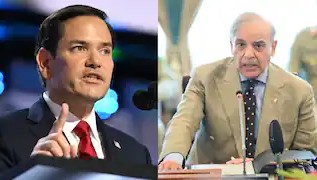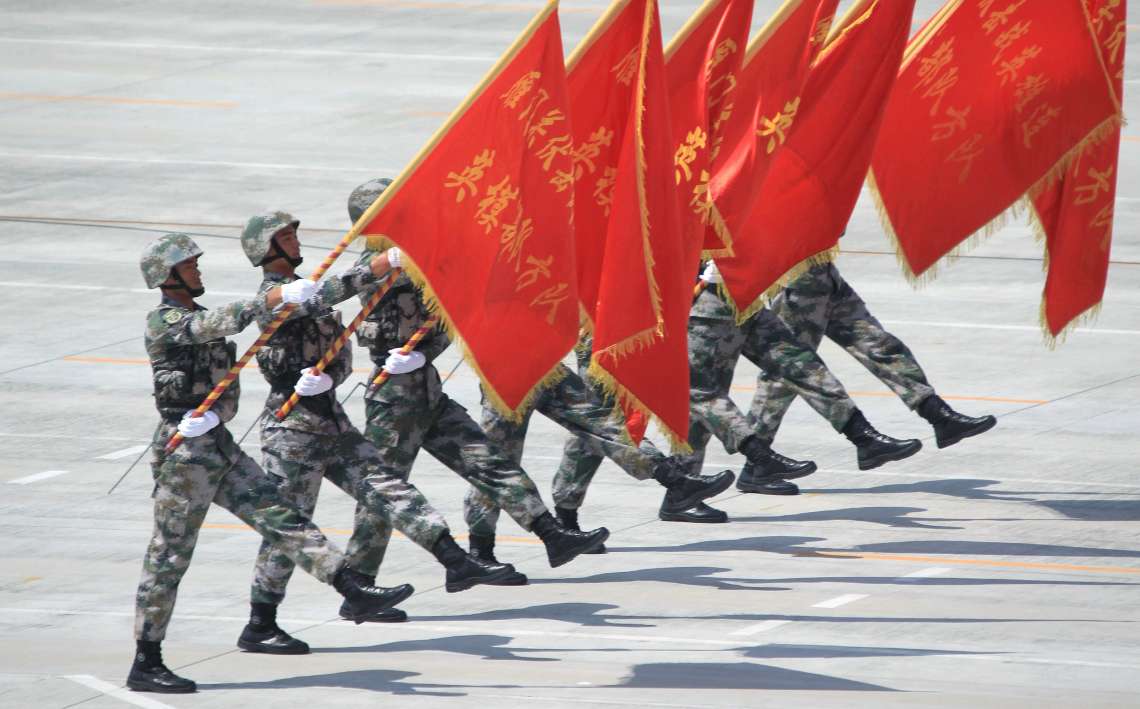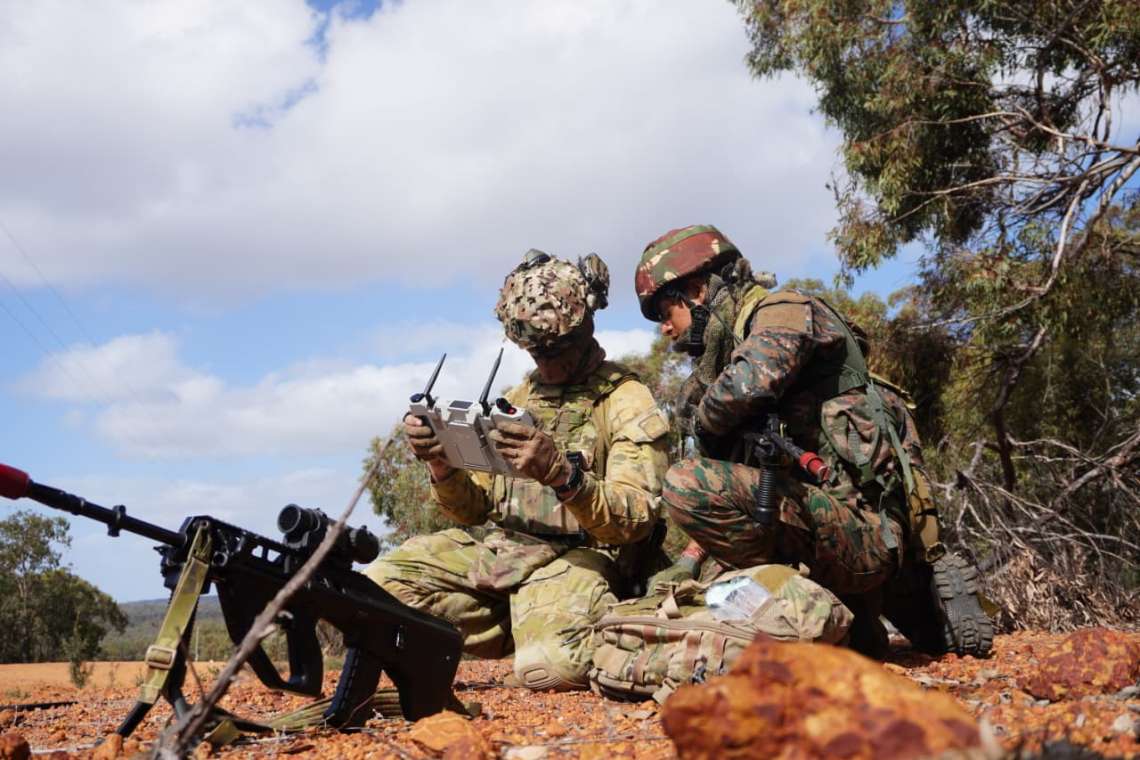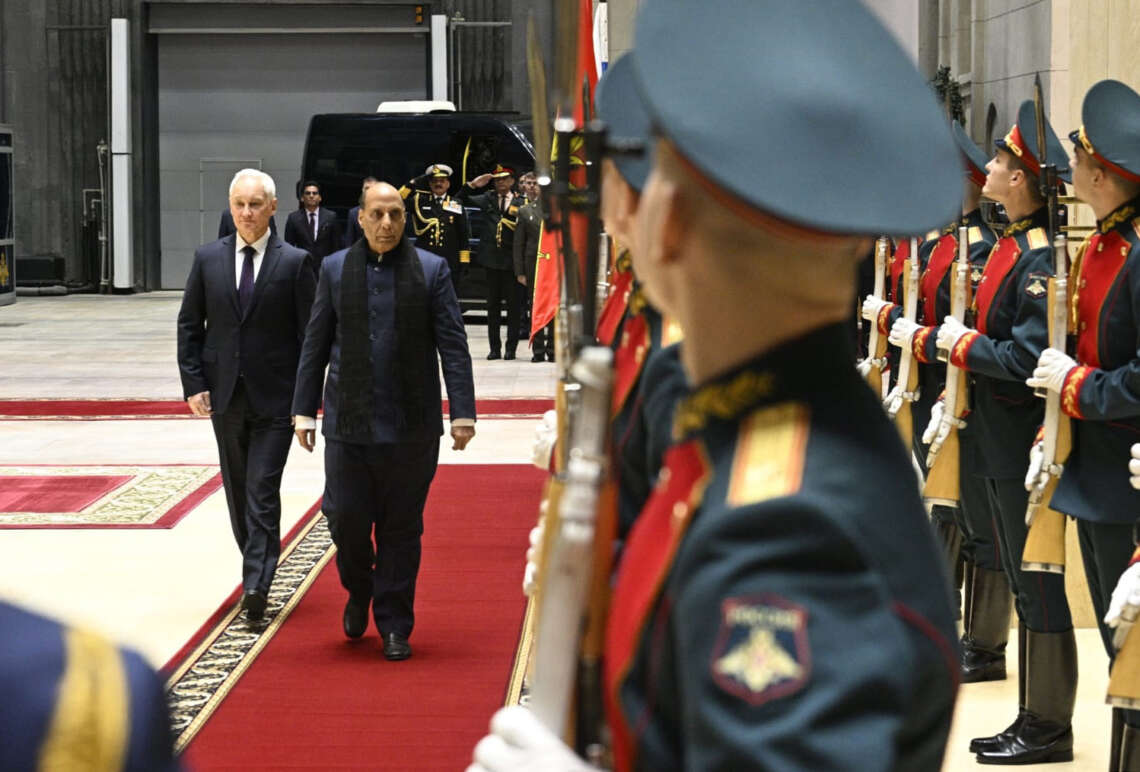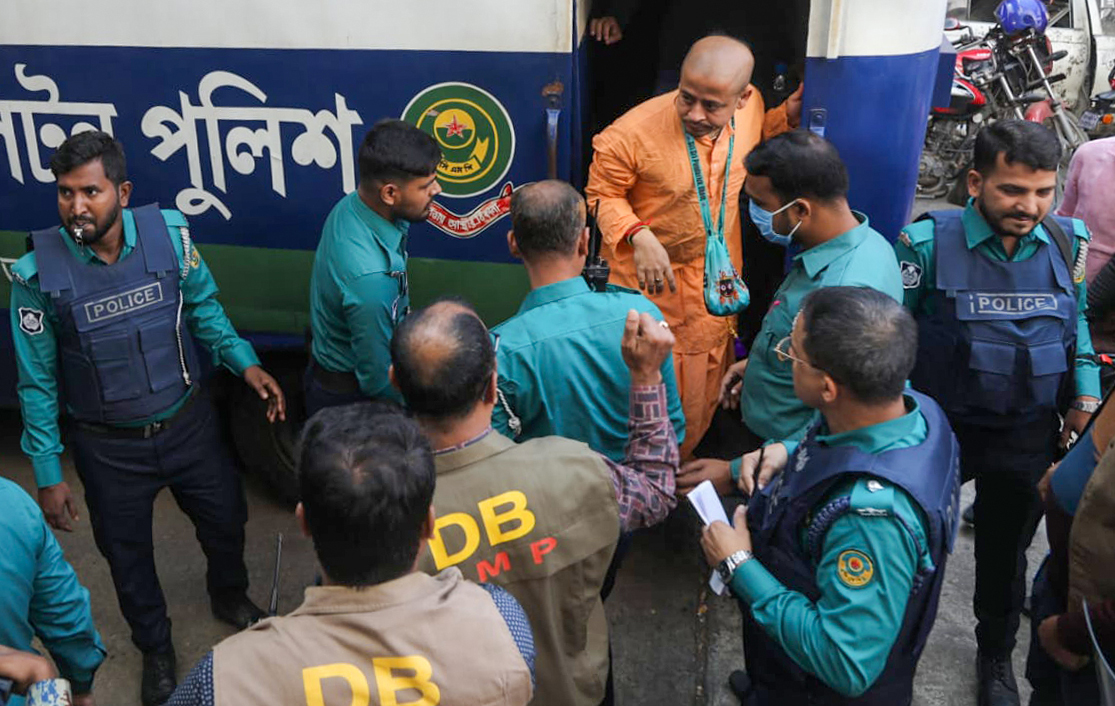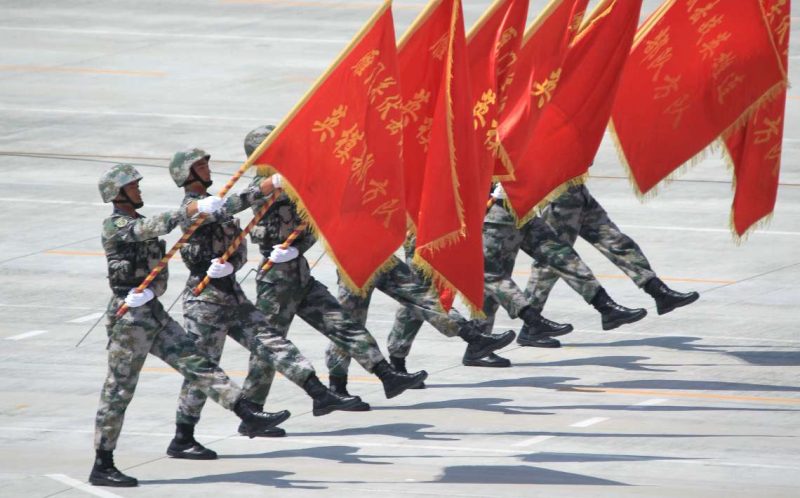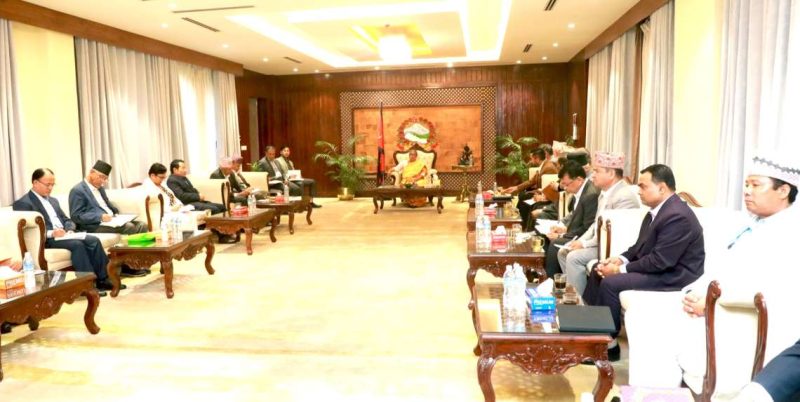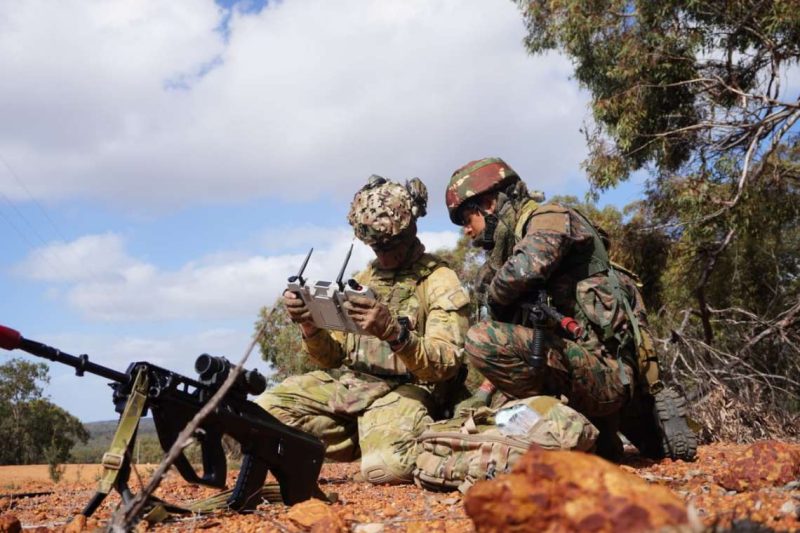US Secretary of State Marco Rubio has urged Pakistan’s Prime Minister Shehbaz Sharif to unequivocally condemn the Pahalgam attack and take steps to de-escalate the situation.
International calls for calm are growing louder following the brutal April 22 terrorist attack in Pahalgam, Jammu and Kashmir, that left 26 people dead, most of them tourists, and several others injured. The attack has triggered a rapid escalation in tensions between India and Pakistan, raising fears of a larger conflict in South Asia.
US Secretary of State Marco Rubio has urged Pakistan’s Prime Minister Shehbaz Sharif to unequivocally condemn the Pahalgam attack and take steps to de-escalate the situation. Rubio also encouraged Pakistan to cooperate with investigation efforts and reestablish direct communication channels with India.
“This is a time for responsible leadership. Both nations must prioritise peace and security,” said US State Department spokesperson Tammy Bruce, adding that Rubio and Sharif reaffirmed their commitment to holding terrorists accountable for their “heinous acts of violence.”
India has pointed to cross-border linkages in the Pahalgam attack, with security agencies tracing the terrorists’ origin to handlers based in Pakistan. In response, Prime Minister Narendra Modi condemned the attack in the strongest terms, pledging to hunt down every perpetrator and their backers.
“India will identify, trace, and punish every terrorist and their backers. We will pursue them to the ends of the Earth. Terrorism will not go unpunished,” Modi said, in a nationally televised address following the Cabinet Committee on Security (CCS) meeting.
Military, Diplomatic Responses Intensify
In the days since the attack, the Line of Control (LoC) has seen a sharp uptick in ceasefire violations. On April 26–27 and again on April 27–28, Pakistani troops opened fire across the LoC, prompting swift and targeted retaliation from the Indian Army in the Tutmari Gali, Rampur, Kupwara, and Poonch sectors. The Ministry of Defence confirmed that the Indian Army has been granted “complete operational freedom” to decide on responses.
Meanwhile, India has begun taking a series of diplomatic and economic measures against Pakistan. These include:
• Holding the Indus Water Treaty in abeyance
• Closing the Integrated Check Post at Attari
• Curtailing diplomatic strength at High Commissions
• Blocking Pakistani airlines from Indian airspace, and vice versa
Security forces have also intensified anti-terror operations in the Kashmir Valley, with several suspected militants and collaborators already apprehended or neutralised in the days following the Pahalgam attack.
Saudi Arabia, UN Voice Concern
The Kingdom of Saudi Arabia also expressed deep concern over the escalating tensions. In a statement issued by its Ministry of Foreign Affairs, Riyadh urged both India and Pakistan to “avoid further escalation and resolve disputes through diplomatic means.”
“The Kingdom calls on both countries to de-escalate, uphold the principles of good neighbourliness, and work towards stability and peace in a manner that serves the interests of both their peoples,” the statement read.
In parallel, UN Secretary-General Antonio Guterres held separate conversations with India’s External Affairs Minister S. Jaishankar and Pakistan’s Prime Minister Shehbaz Sharif. Guterres strongly condemned the Pahalgam attack, calling it a terrorist act that must be pursued through “justice and accountability via lawful means.”
The Secretary-General also warned of “tragic consequences” should the situation spiral into a military conflict. Offering his Good Offices, Guterres said the UN stands ready to assist both nations in de-escalation efforts.
India Holds Pakistan Accountable
India has maintained that Pakistan must take responsibility for its continued support to terror infrastructure across the border. Indian intelligence reports submitted to the CCS reportedly detailed the origin and planning of the Pahalgam attack, which came soon after successful elections in Jammu and Kashmir — a region where normalcy and development have returned after years of unrest.
Senior Indian officials have reiterated that this attack was not just against civilians but also aimed at disrupting democratic processes and undermining peace in the Valley.
Regional Peace Under Strain
The developments come at a time when both India and Pakistan have already been under strain over a series of diplomatic and trade issues. The recent incident threatens to undo the relative calm that had prevailed along the LoC since the 2021 ceasefire agreement, brokered quietly through back-channel diplomacy.
With the international community now weighing in — including key players like the United States, the United Nations, and Saudi Arabia — the spotlight is on Islamabad to act against militant networks operating on its soil and prevent further provocations.
As India presses ahead with counter-terrorism operations and strategic recalibrations, diplomatic watchers believe the coming weeks will be crucial in determining whether South Asia moves closer to reconciliation or further into confrontation.


